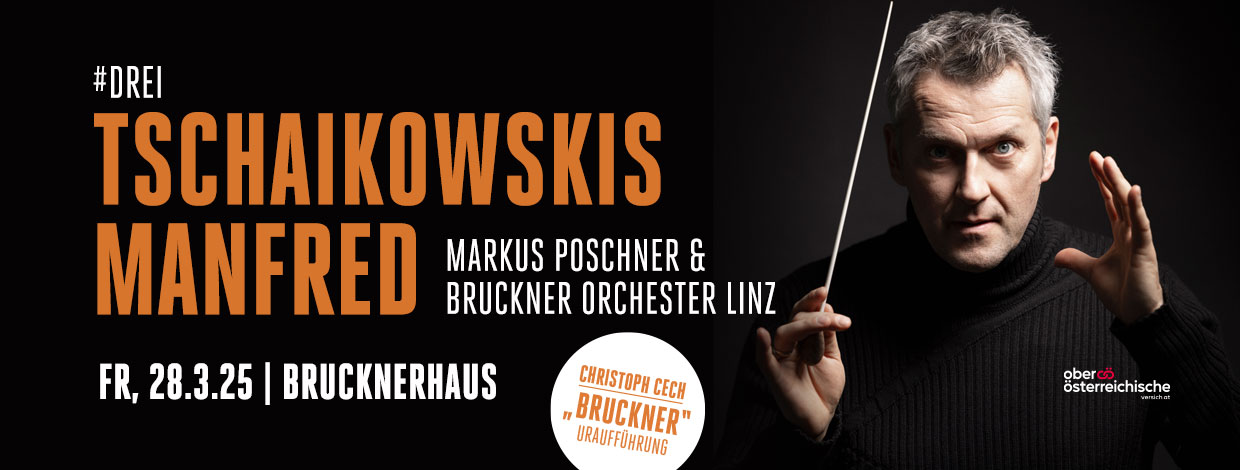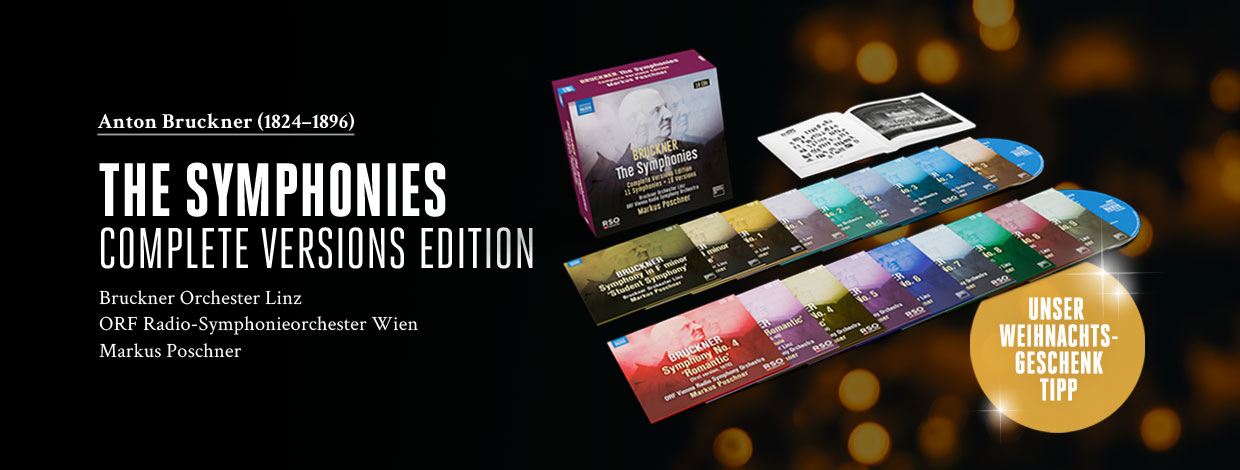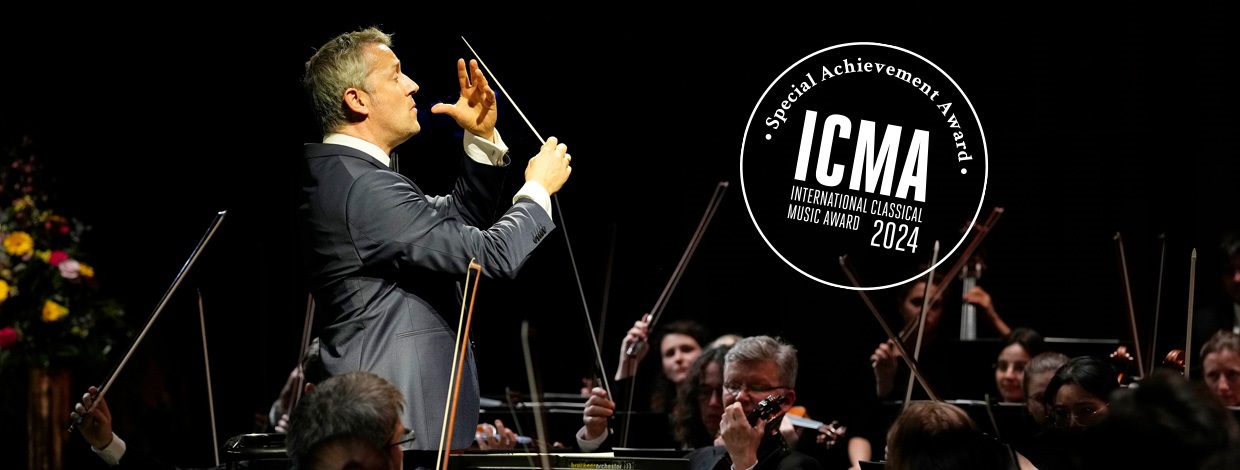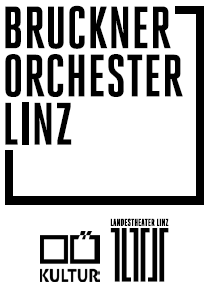MUSIC AND REALITY
MARKUS POSCHNER
A butterfly sees what it sees, yet humans believe whatever they think they hear or see. For or orientation, we are forced to create our own images of the world, yet they always remain interpretations. This need to interpret the world is the cause of all religion, all science, every urge to explore and research – but first and foremost, it is also the origin of art. All this striving has in common the search for answers to the questions of How and Why. The Viennese physicist Anton Zeilinger once wrote: “It is quite obviously pointless to ask after the nature of things, since such a nature, even if it should exist, always remains beyond all experience.” How real, then, is reality? And what role do our hearing, our feelings, our sight play? The same Viennese physicist suspected that so-called reality was the result of communication. He concluded that “there is obviously no point in speaking about a reality without having information about it. We cannot assess reality, which also renders the statement that something is supernatural nonsense.” Apparently, there are natural limits to meaningful questioning. The world is presumably infinitely more complicated than it seems to us. What, then, would we do without art? It hinges us to the outside world; ultimately it ensures that we perceive and see the world. One might say that it is the mission of art to allow us to understand the world. If we see a sunset, we may see it through the great English romantic painter William Turner; Caspar David Friedrich may be our key to mysterious landscapes and Franz Kafka to oppressive situations. The experience of reaching a peak after a strenuous mountain hike may only be fully accessible to us if Bruckner’s Eighth has happened to us, and our own deep sorrow may only be understood when we have delved into the indescribable world of Franz Schubert.
The artist’s mission is not to make art for people, but to make the art of people – there is a huge difference. Art is ultimately responsible for the way we regard our time. Many important concepts which are only loosely defined by language, for example love, desperation or bliss, can be conveyed much more precisely through music than through our everyday language. It is significant that as a means of conveying our interior life, language evolved much later than music, as demonstrated, for example, by the finding of a flute made from a swan’s bone which is almost 40,000 years old. Our observation defines the image we form of reality. Art, in turn, influences our observation. Rarely has the loss of the arts been felt so painfully in our daily lives as during the current coronavirus pandemic. Immediately, we realized how the meaning of life and its experience began to evaporate, so to speak, or were replaced by hectic reorientation and nervous self-fixation. A very familiar phenomenon: counting and possessing may increase meaning temporarily, but it lessens meaningfulness. As so often, we only experience the true value of a thing or a state of mind when it disappears or becomes unavailable. At the same time, however, making art is also a curse. One must believe in what one does, and the likelihood that one’s striving is in vain is a thousand times greater than the chance of really being understood. Artists do not work towards normality, but towards the absolute, the maximum: “When I don’t listen to music, I lack something, and when I listen to music, the lack is even greater,” as Robert Walser said. What remains is an infinite longing for meaning.
A work of art is always more than a mere document of its time – art deals with our life, art concerns us, art can never be observed from a distance. Our life today is the measure of narration, and we must wrestle works of art from history’s clutches over and over. The performer can never slip into the composer’s mind. If a piece is good, it allows for many different perspectives, and from this point of view, authenticity does not exist. The only thing that is interesting about music is the here and now. The work must prove itself to us over and over. And it is high time for that in our new, hopefully unrestricted season!





